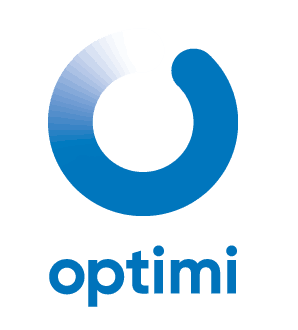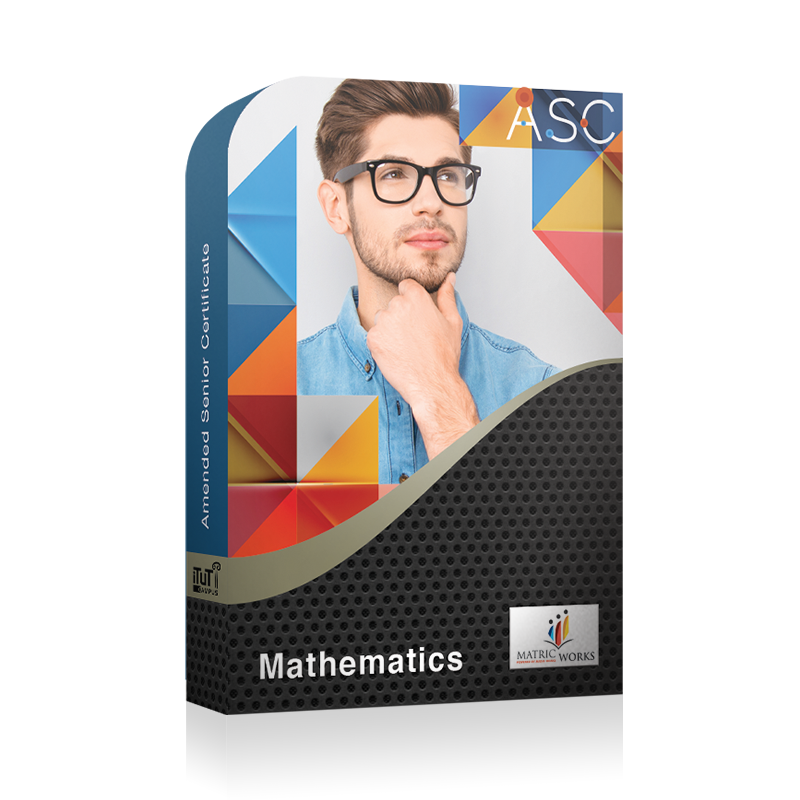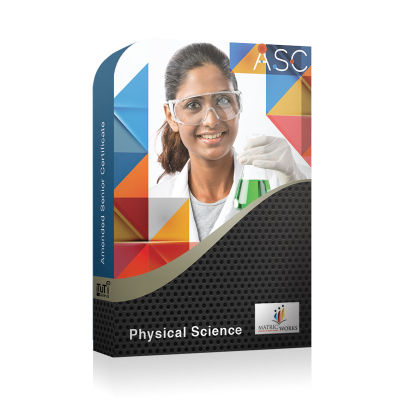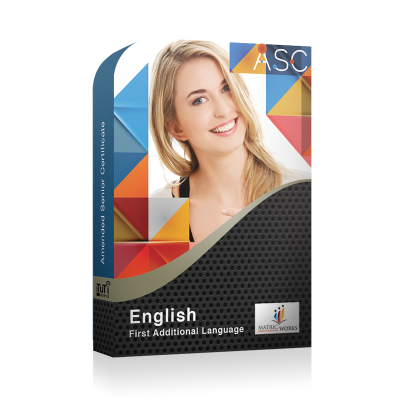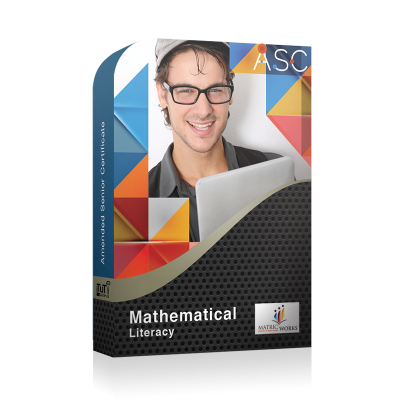Description
Mathematics is a language that makes use of symbols and notations for describing numerical, geometric and graphical relationships. It is a human activity that involves observing, representing and investigating patterns and qualitative relationships in physical and social phenomena, as well as between mathematical objects themselves. It helps to develop mental processes that enhance logical thinking, accuracy and problem solving. Mathematical problem solving enables us to understand the world (physical, social and economic) around us, and, most of all, to teach us to think creatively.

